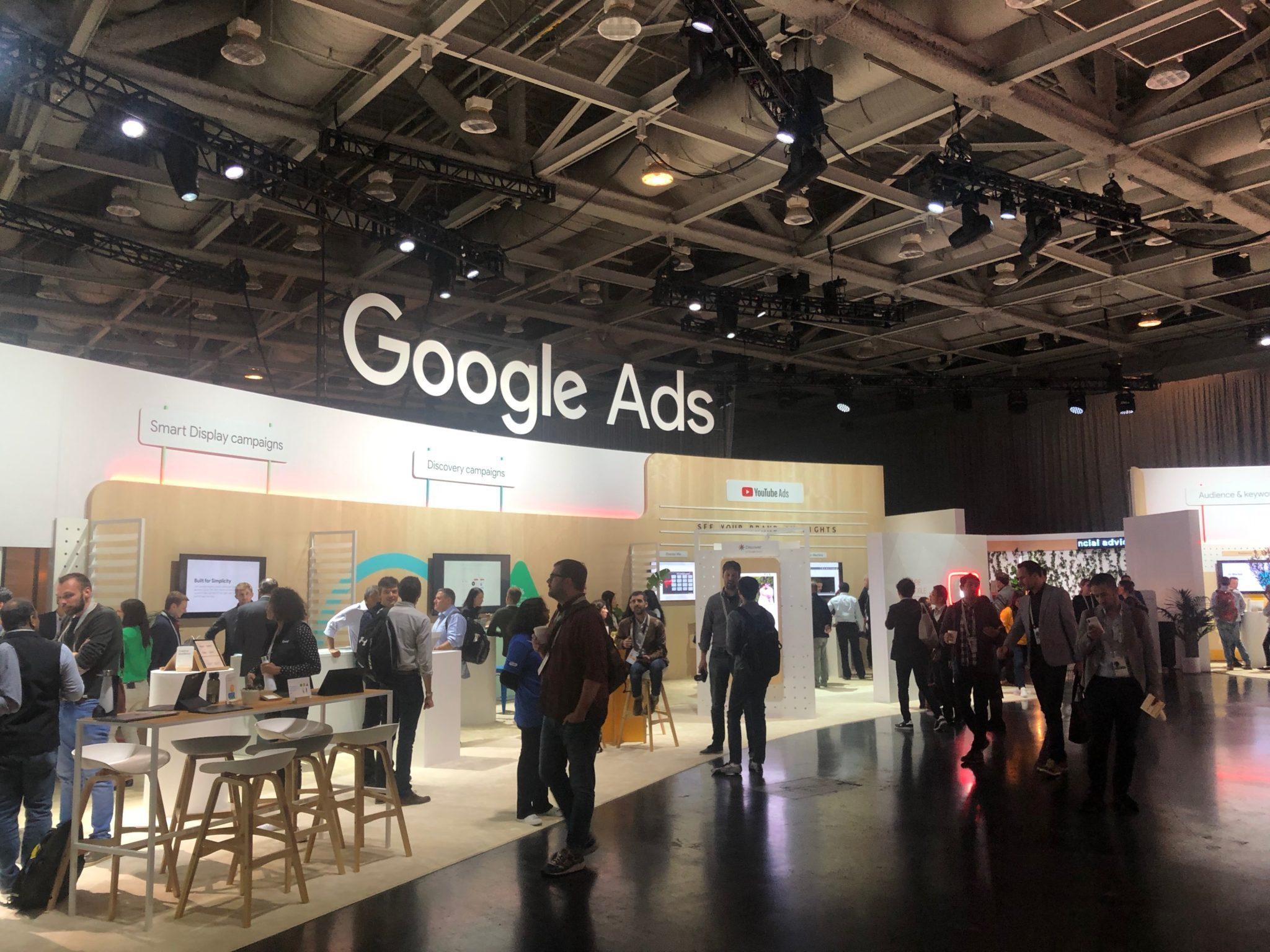Most consumers have very little understanding about how Google Ads work, and why your specific ad appears, or doesn’t base on which search terms they use. Advertisers get frustrated when consumers can’t find them, or they get charged for clicks that generate either no conversions or click-throughs from people who thought it was something else.
Advertisers don’t have unlimited marketing budgets, and when money gets wasted, it takes a bite out of the bottom line. We earn a living knowing how to improve search results, directing the “right” customer to a clients’ website – but there is no guarantee.
With online advertising, change is always happening. Recently Google announced some significant changes to keyword matching for Phrase Match and Broad Match Modifiers.
Now, more than ever before… You need to constantly monitor the search terms that your ads are displaying for and that is where an agency becomes invaluable. All of these changes can help your business but that is why it is more important than ever to properly monitor your campaigns to minimize or eliminate any wasteful spending.
In late-2018, Google launched a program, that allows exact match keywords to match to close variants. The reality is that with trillions of search queries each year, consumers can use tens of thousands (even 100,000+) of terms to search for a specific item or service; making it impossible for vendors and advertisers to manage an exhaustive list of keywords that will pay dividends.
From Google’s perspective, “That’s why exact match close variants will begin including close variations that share the same meaning as your keyword.”
Fast forward to May 2019 when Google announced changes to “broad match modifier and phrase match keywords will also begin matching to words within the search query that share the same meaning as the keyword.”
Google expects these changes to improve new clicks on ads by 3-4% and that 85% of those new clicks are expected to be new on average. The question is, how will this impact conversions?

Broad match modifier close variants have historically only included misspellings, singular or plural, stemming, abbreviations, and accents. Moving forward, close variants will also include words with the same meaning as the keyword.
Let’s say you’re a builder and use +lawn +mowing +service as your keyword. Previously, queries like “lawn mower service” or “service to mow my lawn” may have triggered your ads. Now, your ads can trigger when people search for things like “grass cutting service” or “rates for services to cut grass.”
 Better, more relevant traffic with phrase match
Better, more relevant traffic with phrase match
Phrase match keywords allow your ads to show when the query includes your keyword or close variants of the exact phrase of your keyword, with additional words before or after. Like the update to broad match modifier keywords, this now includes queries that contain words that share the same meaning as the keyword.
To get the most out of these upcoming changes, Google recommends the following best practices:
- Monitor performance: Traffic may fluctuate due to these changes, so make adjustments as needed—like changing bids or pausing keywords.
- Consider negative keywords: Periodically check the search terms report and use negative keywords to exclude matches you don’t want. Note that this update does not impact your negative keywords, which do not match to close variants.
- Deploy Smart Bidding: Using Google’s machine learning technology, Smart Bidding optimizes your bids in real-time for every auction. In fact, it will lower bids in auctions where your ads are less relevant or aren’t expected to perform well.
As with all changes to the Google Ads platform, it’s important to monitor how it will impact your campaign performance.
Let us help you keep track of important changes and maximize your Google Ad dollars!

